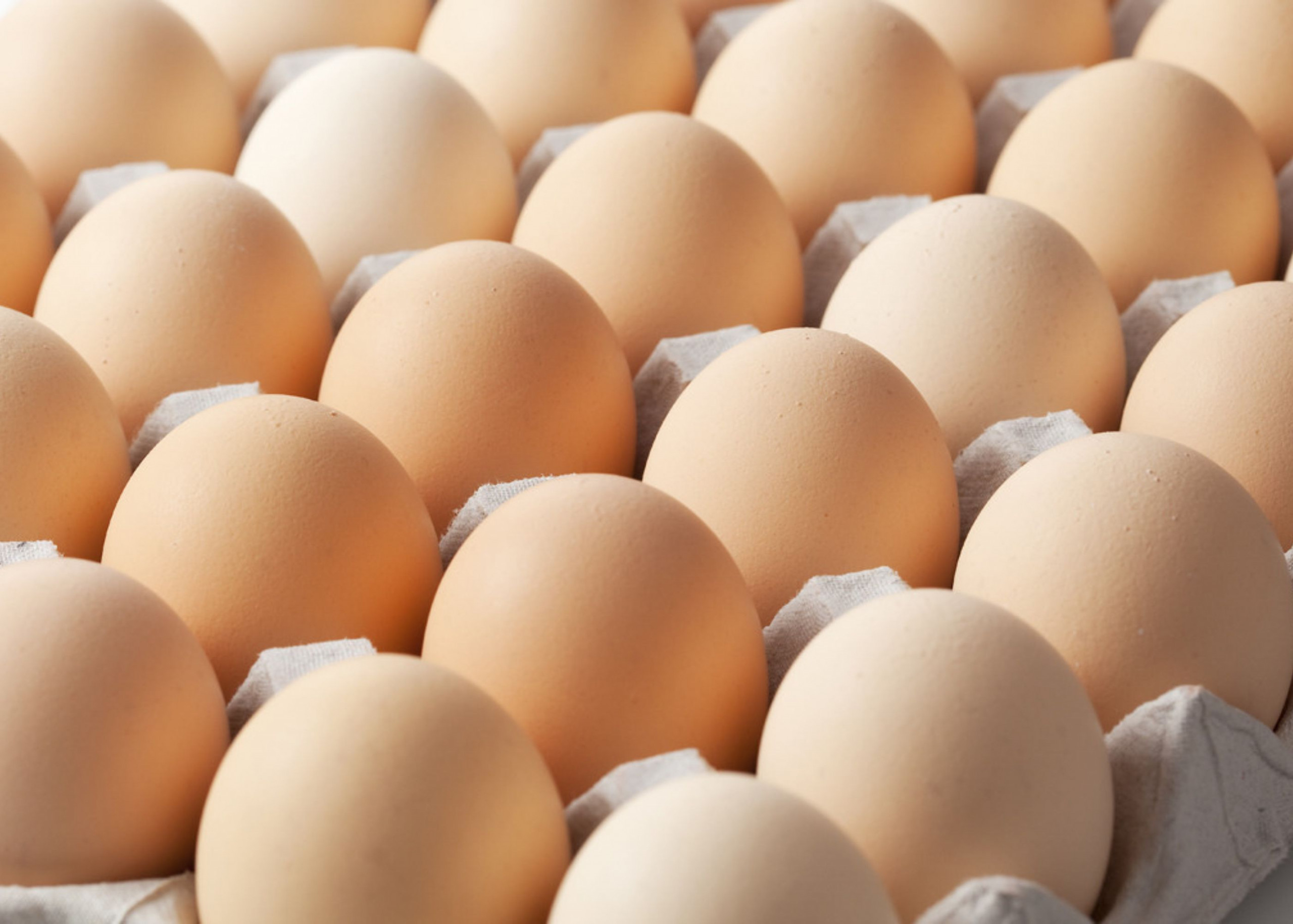News in Brief:
– Egg prices are expected to rise due to increased production costs, primarily driven by higher PMS prices and feed costs.
– Poultry farmers face significant challenges, like limited access to finance and unfair practices by feed millers, which could further impact egg production and affordability.
Egg prices will skyrocket in Nigeria in the coming weeks if proactive measures are not taken to forestall the situation. This follows increased costs associated with transportation, owing to the recent increase in the pump price of Premium Motor Spirit (PMS) commonly known as petrol or fuel.
Last week, prices of the product escalated from ₦800 to ₦1,150 to ₦1,200 per litre in major filling stations around the country. Effectively, this has set a ripple effect in motion in upwardly affecting prices of most food staples, already negatively impacted by unrelenting inflation in recent times.
To this end, the Poultry Association of Nigeria (PAN) has raised an alarm on looming price increments on eggs. Essentially, the association attributed the potential price hike to soaring transportation costs due to the removal of fuel subsidies. Also, they pointed to indiscriminate increases in feed prices by millers.
Rising costs threaten egg production
Speaking at a press briefing on World Egg Day, which is celebrated annually on the second Friday of October, PAN Secretary, FCT Chapter, Musa Hakeem highlighted the critical role eggs play in protein intake for Nigerians.
He emphasised the need for the government to declare a state of emergency in egg production to avoid dependence on imports.
Hakeem explained that the current price of ₦5,500 per crate is already unsustainable due to rising production costs. He warned that prices could soon reach ₦6,000 and up to ₦10,000, as feed prices continue to climb.
Subsequently, the association called on the government to intervene by providing grains and other support to poultry farmers. They also urged the government to collaborate with PAN to ensure that interventions reach the intended beneficiaries.
Challenging business environment for poultry farmers
Overall, the business environment for poultry farmers has been challenging, with limited access to finance and alleged unfair practices by feed millers.
Analysts agree that these factors, combined with the rising costs of production, have ultimately put immense pressure on the sector.
Meanwhile, as egg prices threaten to soar, Nigerians yet again face a significant increase in the cost of a staple food item. The county experienced record level of food inflation back in July, at over 40%, the highest in twenty five years.
Experts opine that this situation is engendered by rising foreign exchange rates and disruptions in the supply chain, particularly affecting food production and distribution. Therefore, they have called for urgent government action to this crisis, as it will be crucial in determining the future of the poultry industry.



